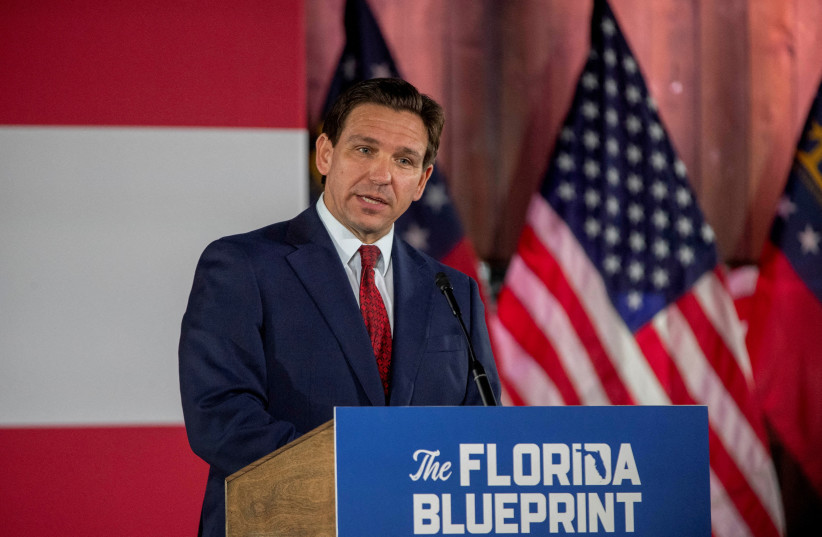A federal judge in Florida on Tuesday partially blocked the state from enforcing its recent ban on people under 18 receiving gender-affirming care such as puberty blockers and hormone therapy, allowing three transgender children to continue with their treatment while hearing a lawsuit by seven families who sued to challenge the law.
The preliminary order, from US District Judge Robert Hinkle in Tallahassee, applies only to three transgender children in the lawsuit and their health care providers. It will remain in effect while the judge considers the lawsuit. The other four families did not join an emergency bid to block the law because they do not expect to need gender-affirming care in the immediate future.
"Today my entire family is breathing a huge sigh of relief knowing we can now access the treatment that we know will keep Susan healthy and allow her to continue being the happy, confident child she has been," one of the plaintiff parents said in a statement, using a pseudonym for her child.
The offices of Florida Attorney General Ashley Moody and Governor Ron DeSantis did not immediately respond to requests for comment.

Plaintiffs claim the ban violates rights to equal protection
Florida's medical licensing boards adopted bans on gender-affirming care for minors in March, and DeSantis last month signed a similar ban passed by the state legislature. It was the latest of a slew of laws passed by Florida and other states restricting many aspects of transgender people's lives, including medical care, participation in school sports and ability to change identifying documents.
The families said in their complaint that the bans violated their right to equal protection under the US Constitution and parents' right to make medical decisions for their children.
The children in the case range in age from eight to 14. Two have already been prescribed puberty blockers, and all of their parents expect they will need puberty blockers or hormones in the future.
While Wednesday's order is not a final judgment, Hinkle said the plaintiffs were likely to win. He harshly criticized the law as motivated by "bigotry," noting that one state legislator had called transgender witnesses at a public hearing "demons."
